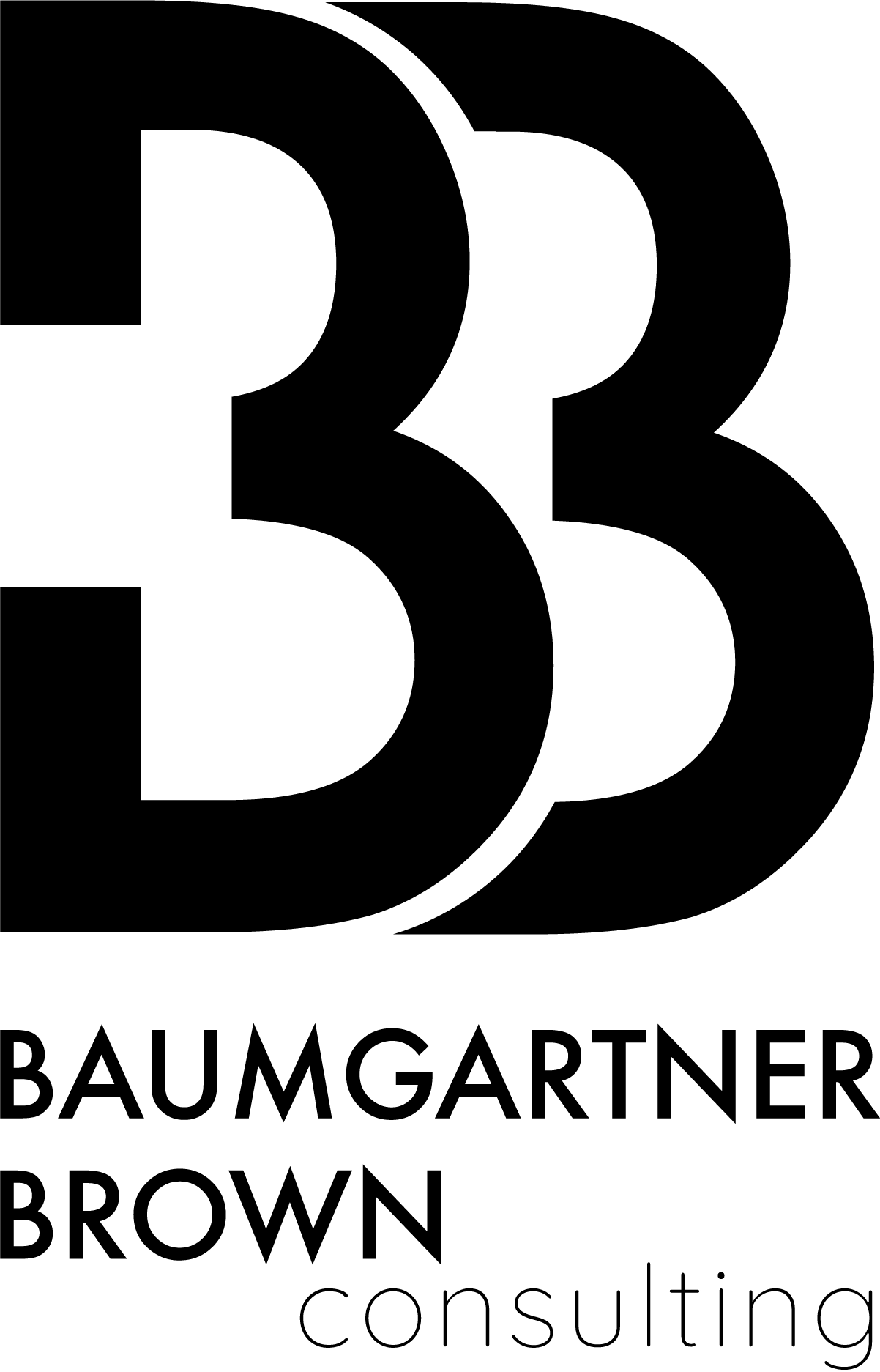The sound of my voice.
Today, I was the guest on Jason Lewis’ podcast The Fundraising Talent Podcast. Jason (author of The War for Fundraising Talent and How Small Shops Can Win) interviewed six fundraising consultants over six days during this holiday week to talk about our industry and what works and perhaps what doesn’t. Per usual, I think I sounded a bit negative . . . yeah, I’m working on it.
But that’s not the point of this blog post. I want to talk about the weird feeling of hearing yourself on a recording. I’m not new to this — I worked in radio, for crying out loud, and have heard myself quite a bit. I also spoke regularly in a lovely little church and heard those recordings from time to time, so I should be used to this. But I have to say, when today’s podcast started, I had that familiar feeling, “Is that me? That doesn’t sound like me at all!”. But, you know, when I listened a bit, it actually did sound like me.
The word choices, the phrasing, and the way I tend to over-emote when I speak (somebody should call me out on that) — that is how I sound. And I think that if anyone among Jason’s listeners knows me, they’ll think it sounded like me, too. While I may not like everything about my own speaking patterns, I do think there’s something just a bit gratifying about having people recognize my voice and know that it’s me.
I thought about that today — how it feels to have your voice recognized, to have friends say, “Yep, that sounded just like you.” (I resist the temptation to say, “Is that a good thing?”) And I thought about the tsunami of year-end letters, emails, social media posts, even phone calls from nonprofits trying to eek out those last few donations of the year. I wonder how many of our nonprofits have voices that supporters can easily recognize in that rolling tide of communication.
As we wrap up this year and walk into the next one, giving consideration to the voice of our organization might be a great thing to write on the whiteboard of priorities. Classy has a quick post about why that’s important and how to get started here. But I’d like to just pick one thing to emphasize as an encouragement to have some deep conversations about voice and tone.
I speak a lot about how our donors need to feel as if we know them. That’s why we work so hard to personalize things, to be responsive and inclusive, to anticipate what will make our donors happy and engaged. But here’s the other side of that: our donors need to feel as if they know us.
A consistent, steady, recognizable voice in all our communications is part of letting our family of supporters know us better. Sure, there are times when we’re more formal, times when we’re casual and humorous, times when we’re all business, but we should still be recognizable. Sometimes communications will come from the CEO, or the board chair, or the CDO, but even with space for some personality differences, the overall voice should be the same. It should be consistent so that when our circle reads, or listens, they have a sense that this is someone they know.
So here’s a little challenge. Gather all your year-end fundraising material and maybe a few pieces from earlier in the year. Read them all in one sitting. Recognizable? Consistent? If the letterhead was off and the names changed to protect the innocent, would it be easy to tell that these pieces all came from the same organization? Can you be known through these pieces by people who are trying to decide if you’re worthy of support? Can your friends recognize the sound of you through a sea of other voices?
This isn’t just about development, of course. It’s everyone at every level, committing to speaking in a recognizable, knowable way. It may involve developing a brand manual, or a style guide, or a host of other tools, but mostly, it requires that you think critically, together, about how you sound to the big wide world.
As much as the sound of my own voice sometimes catches me off guard, when I listen, I do know that it’s me. I hope the same is true for you. Your audience should be able to recognize you, pick you out of the crowd, and feel, without question, that they know that voice.
PostScript: Do give Jason’s podcast a listen. His other guests are all awesome and there’s lots to learn for all of us.
